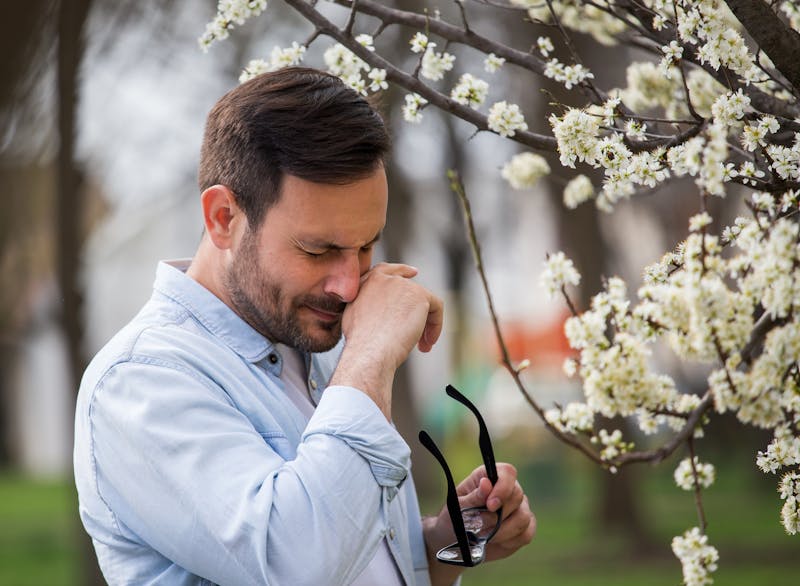
Allergies can be a nuisance at any time of day, but many people find that their symptoms worsen during the night. Sneezing, itching, congestion, and other allergy-related issues can disrupt sleep, leaving you tired and restless the next day. In this blog, the team at Louisiana ENT will explore why allergies may seem worse at night and how you can find relief.
The Basics: Allergies and Their Triggers
Before we explore why allergies can be more bothersome at night, let's briefly cover what allergies are and what triggers them.
Allergies occur when your immune system reacts to substances that are usually harmless, such as:
- Pollen
- Dust mites
- Pet dander
- Mold spores
- Certain foods
When exposed to these allergens, your body releases histamines and other chemicals, leading to allergic symptoms.
The Nighttime Factor: Why Allergies Intensify
- Indoor Allergens Accumulate: During the day, allergens like dust mites, pet dander, and mold spores settle on surfaces in your home. As you move around, these particles can become airborne again. However, at night, when you're settled in bed, you're in close proximity to these allergens, leading to increased exposure and potential symptoms.
- Closed Windows and Doors: Many people keep their windows and doors closed at night to maintain a comfortable temperature and reduce noise. While this helps with climate control and sound insulation, it also traps indoor allergens inside, making it easier for them to trigger allergic reactions.
- Increased Sensitivity: Your body's sensitivity to allergens can vary throughout the day. Some individuals may experience heightened sensitivity to allergens at night, leading to more pronounced symptoms.
- Sleep Position: Your sleeping position can also affect how allergies manifest. For example, sleeping with your face close to pillows or bedding that harbor allergens can exacerbate nasal congestion, sneezing, and other symptoms.
Common Nighttime Allergy Symptoms
- Nasal Congestion: Difficulty breathing through your nose due to swollen nasal passages can lead to snoring, mouth breathing, and disrupted sleep.
- Sneezing and Itching: Allergens can trigger sneezing fits and itching, especially if you're in close proximity to allergen sources like pet beds or dusty surfaces.
- Coughing: Postnasal drip caused by allergies can result in nighttime coughing, further disrupting sleep.
- Skin Irritation: Allergens like dust mites can cause skin irritation and itching, making sleeping uncomfortable.
Finding Relief from Nighttime Allergies
While nighttime allergies can be bothersome, we have some tips for how you can help alleviate symptoms and improve your sleep quality:
- Identify and minimize exposure to allergens in your home
- Use allergen-proof pillows and mattress covers
- Vacuum regularly with a HEPA filter
- Keep pets out of the bedroom
- Maintain indoor humidity levels below 50% to reduce mold growth
- Consider using an air purifier with a HEPA filter to remove allergens from the air in your bedroom
- Wash bedding, including sheets, pillowcases, and blankets, in hot water weekly to kill dust mites
- Use hypoallergenic bedding materials if possible
Allergies Worse at Night? Louisiana ENT is Here to Help.
If you're struggling with nighttime allergies and finding it difficult to get a good night's sleep, contact Louisiana ENT Specialists. Our experienced team can provide comprehensive allergy testing, personalized treatment plans, and expert guidance.
Don't let allergies disrupt your sleep and quality of life. Schedule a consultation with our ENT doctors today to take the first step toward better sleep and improved allergy management. Your restful nights and refreshed mornings await at Louisiana ENT Specialists!

